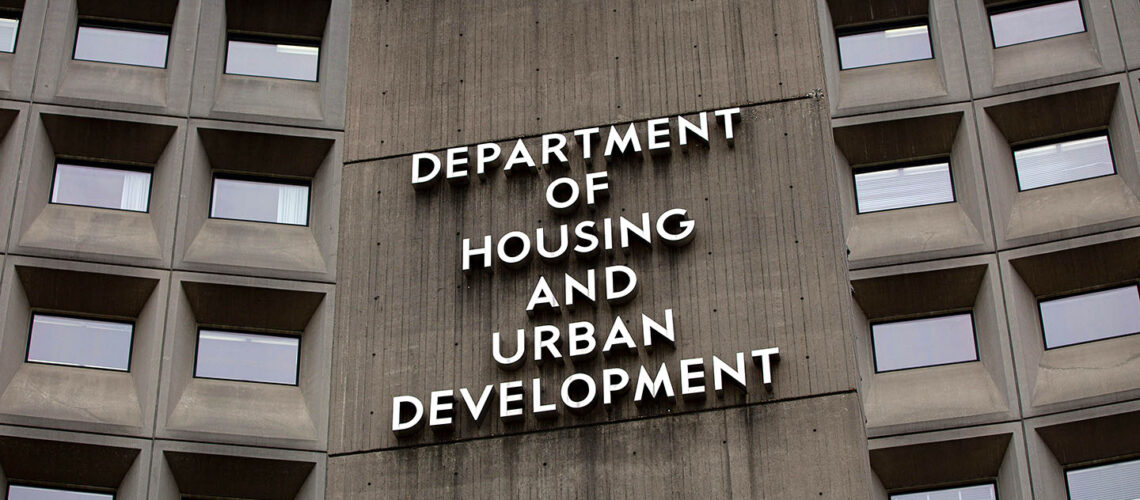HUD action to adjust for rising insurance costs a ‘small step’ for housing providers, LeadingAge says
January 2, 2025

- Georgia liability law passing high insurance costs down to consumers
- Strategic cargo theft leaves drivers, brokers liable for massive losses
- Nearly 450K New Jerseyans enroll in 2025 health insurance through state’s marketplace
- Gettysburg Man Charged with Insurance Fraud After Filing Claim Before Policy Effective Date
- Florida seeks help from Trump before instating new kids health insurance requirements
Was the Department of Housing and Urban Development’s annual update to its operating cost adjustment factors, or OCAFs, for eligible multifamily housing projects with project-based assistance contracts under the Section 8 program a “significant policy response” to rising property expenses and insurance costs, or was it a “small step” to address issues facing housing providers? It depends on the person answering the question.
Xem thêm : Pacific Century, FWD insurance agreement extended to 2027
“The escalating cost of property expenses and insurance is a growing concern for families and affordable housing providers across the country,” HUD Assistant Secretary for Housing and Federal Housing Commissioner Julia R. Gordon, said in a Dec. 19 statement announcing the changes. “The new OCAFs represent a significant policy response by HUD and the Biden-Harris administration to address these ongoing challenges for multifamily property owners, managers and residents.”
LeadingAge Senior Vice President of Policy and Advocacy Linda Couch, however, told the McKnight’s Business Daily that “HUD’s actions are helpful, but we think all can acknowledge they are a small step to what’s needed to address the pain housing providers feel as they face runaway property and liability insurance costs.”
The OCAFs “help determine payments to some HUD affordable housing owners,” Couch pointed out, adding that HUD did take steps to ensure that the factors better reflect rapidly rising insurance costs, “an important topic we’ve urged the agency to consider.”
Xem thêm : New homeowners insurance law taking effect New Year’s Day; could draw insurance companies to state
But she noted that LeadingAge members that are housing providers already are “cutting back on everything from housing operations to services for older adults because of cost increases for their property insurance; some report removing services altogether because of the unavailability of insurance in line with their needs and their budgets.”
LeadingAge “appreciates the OCAF adjustments and looks forward to working with HUD, Congress and others on more solutions to the widespread problem of unaffordable insurance options,” Couch said.
The comment period for the OCAFs runs through Jan. 10. The new OCAFs would apply to eligible multifamily housing projects with contract anniversary dates on or after Feb. 11.
Nguồn: https://propertytax.pics
Danh mục: News
